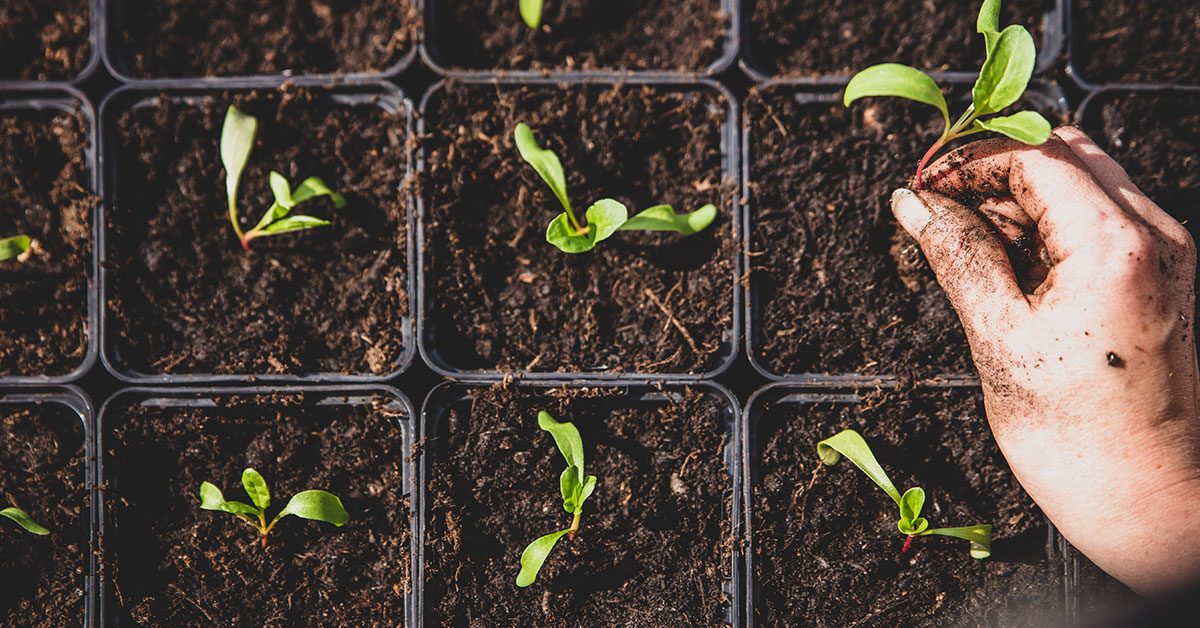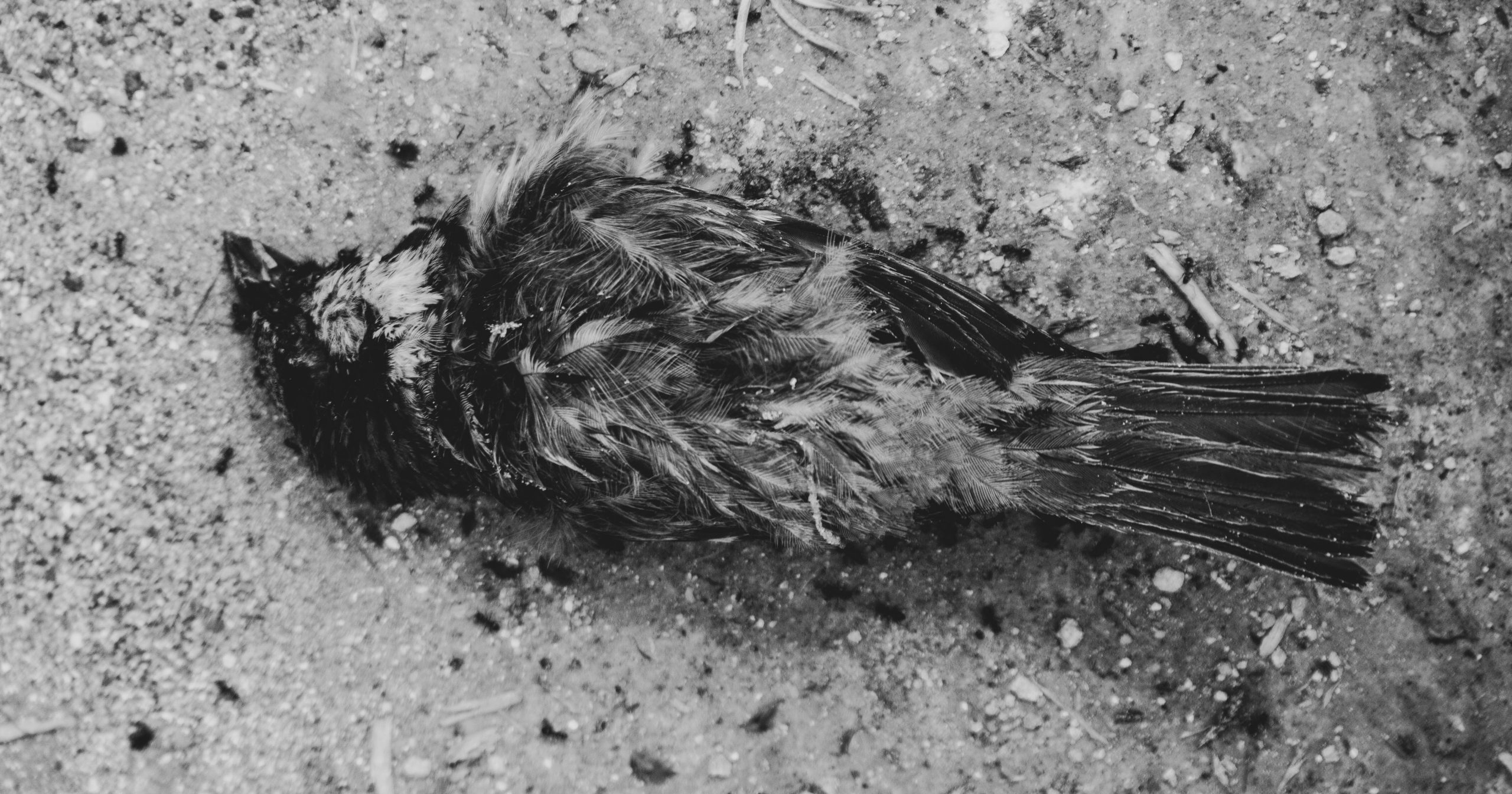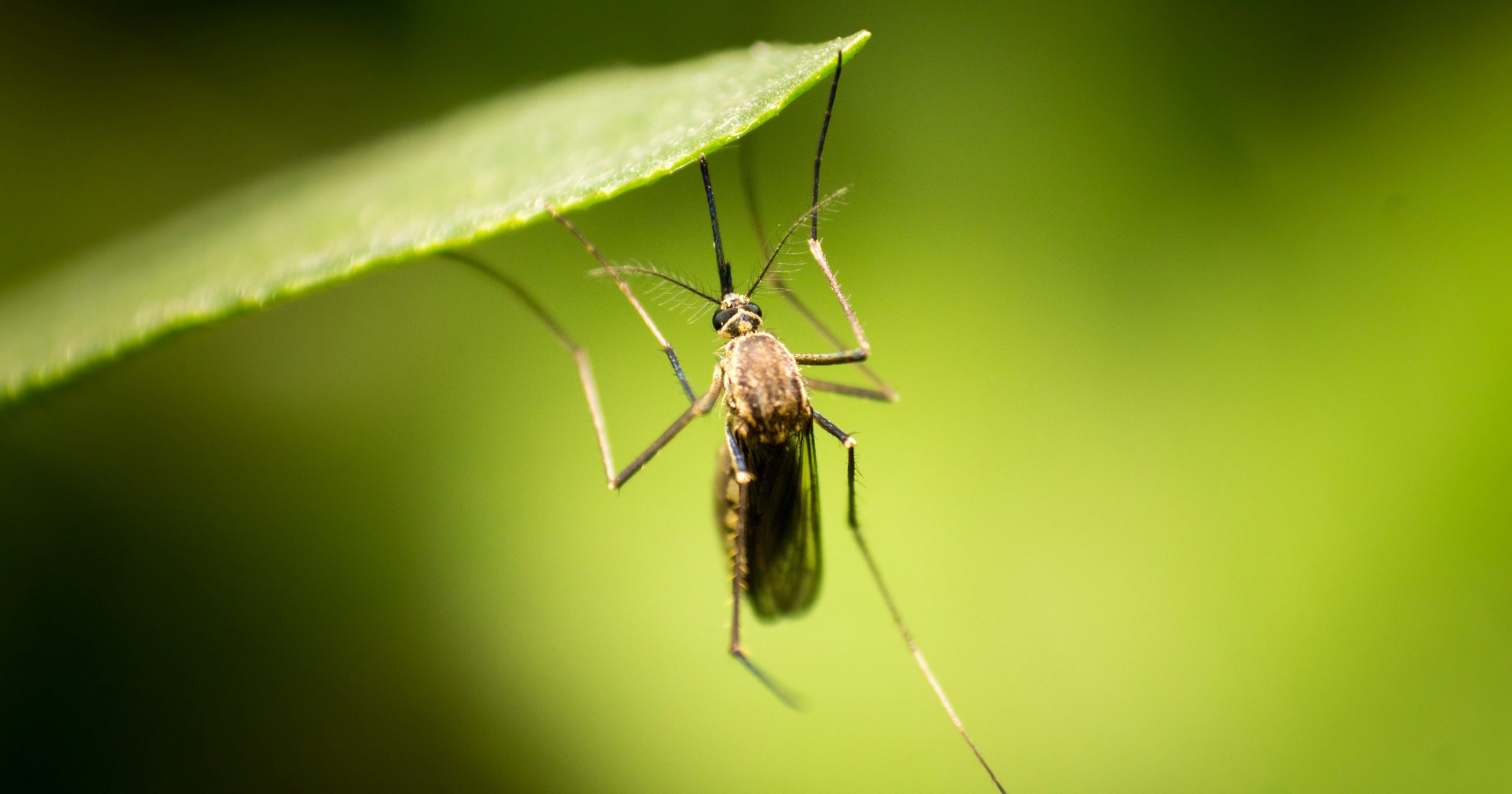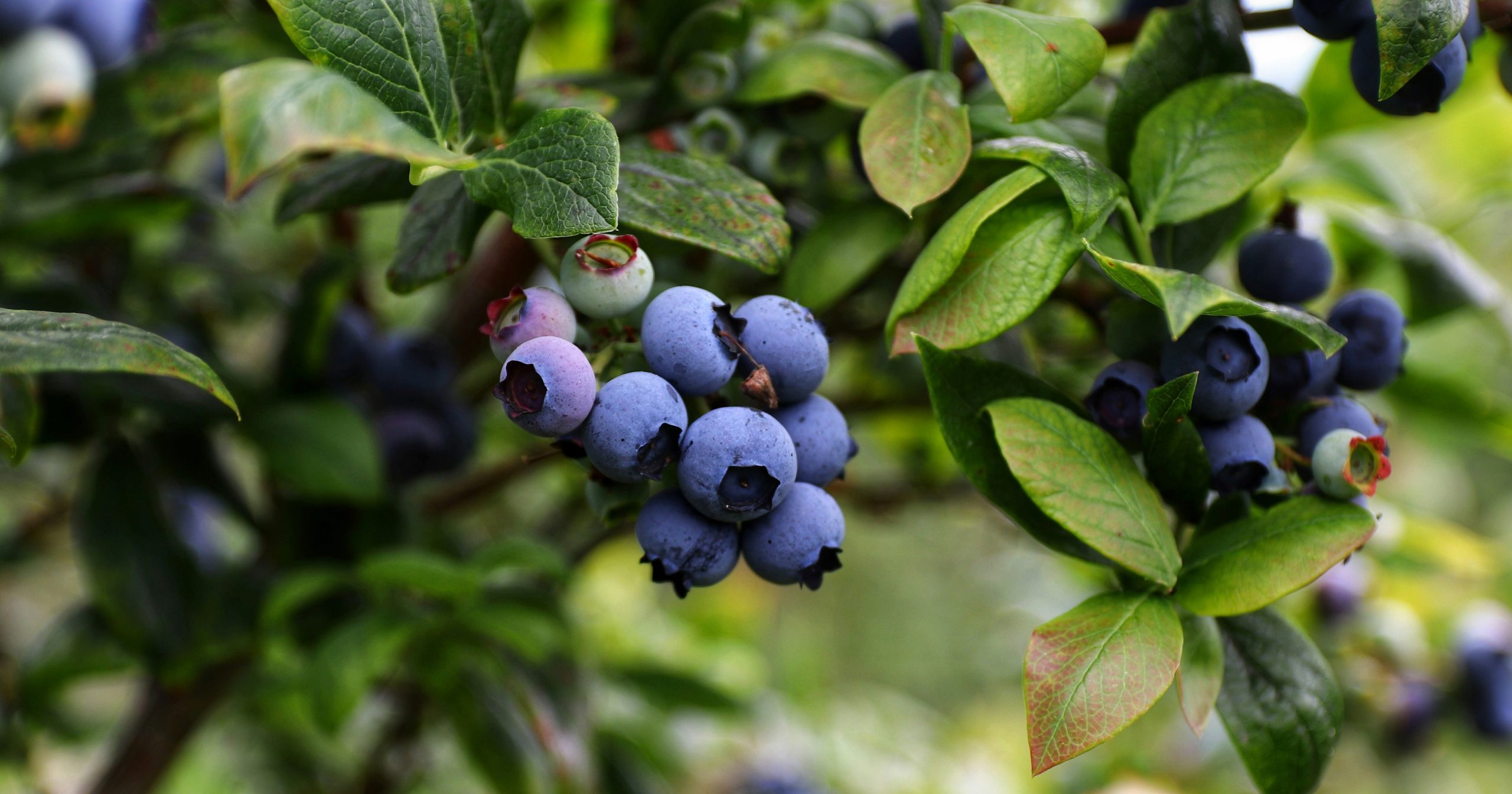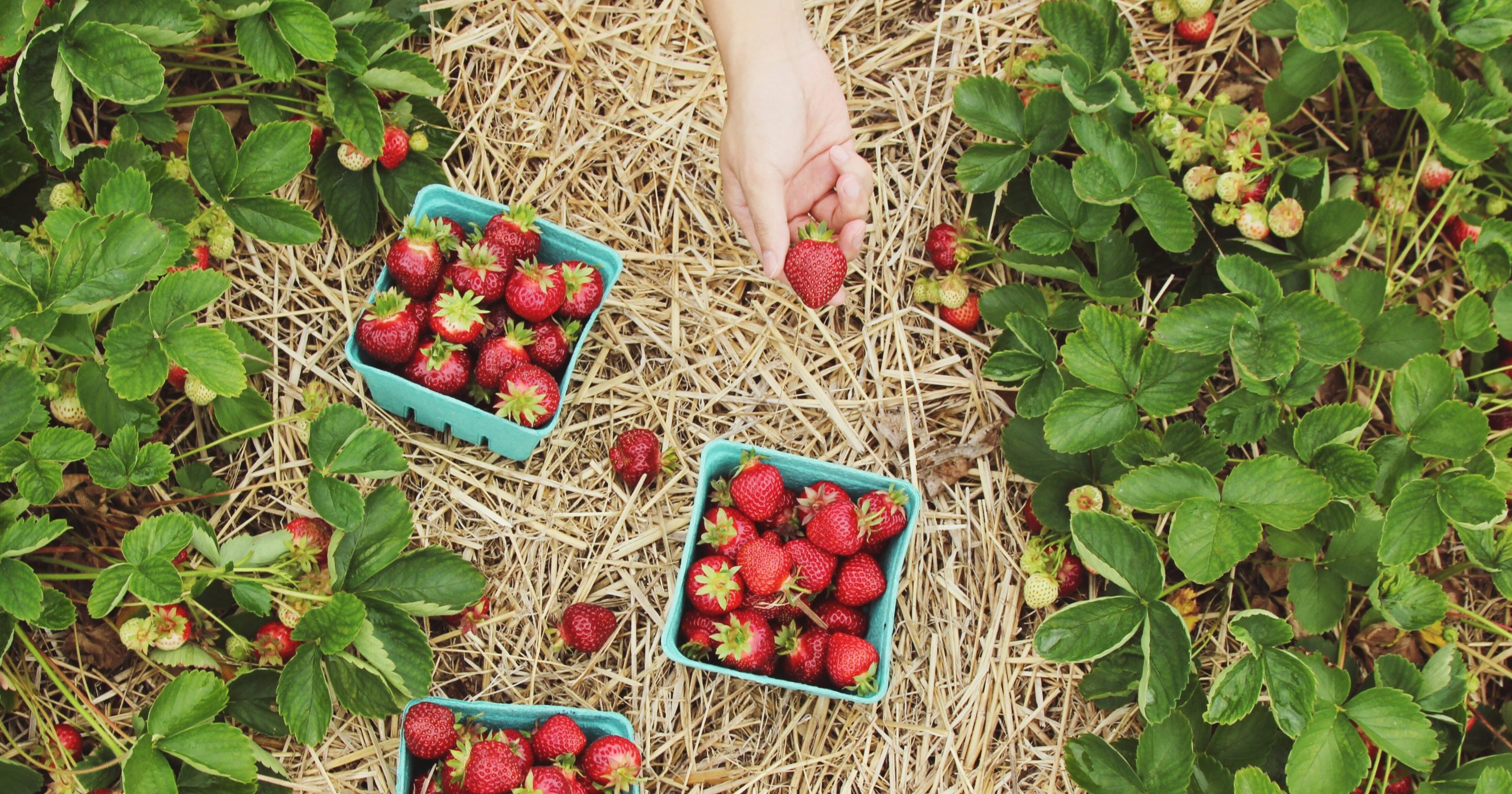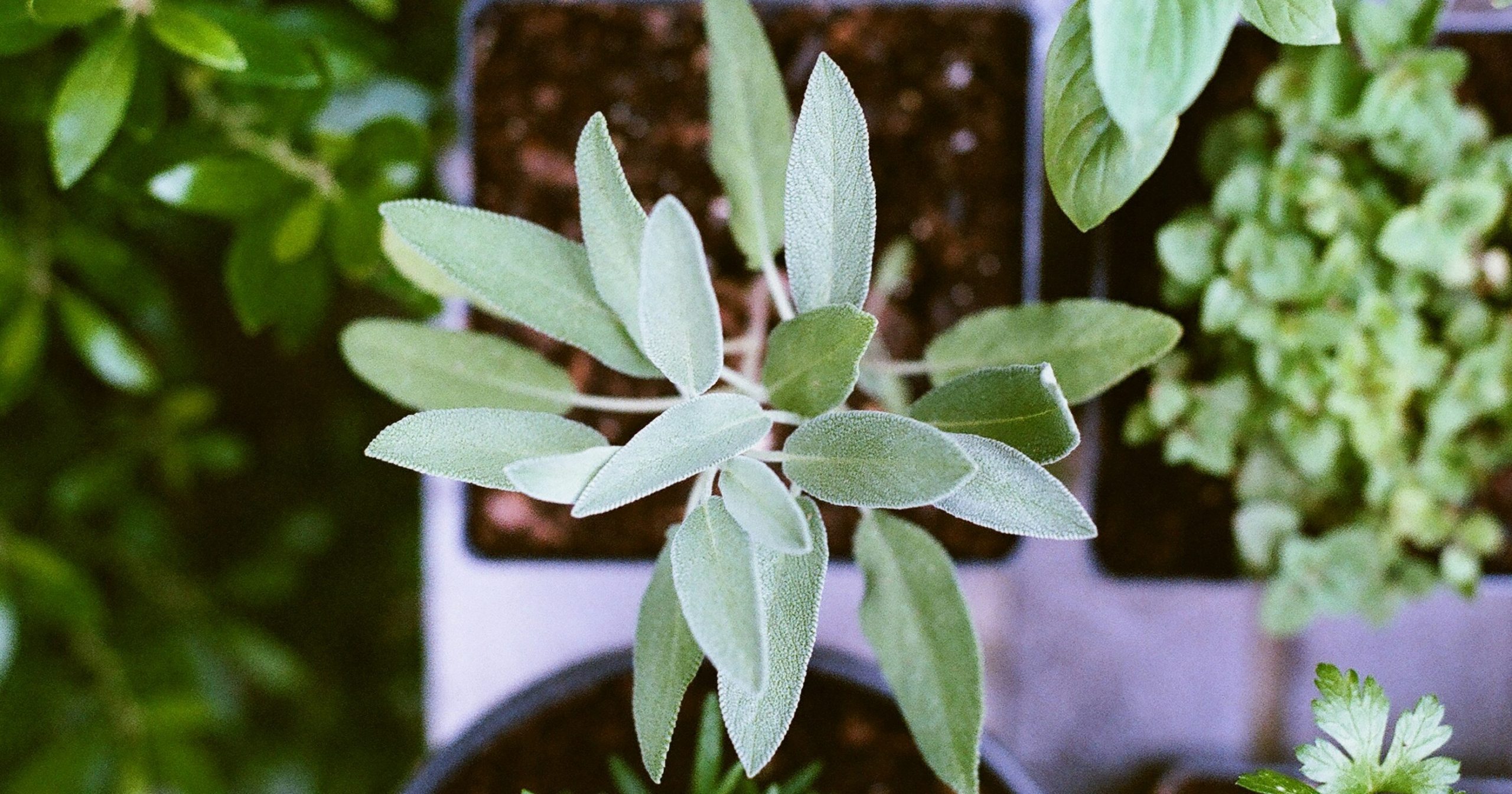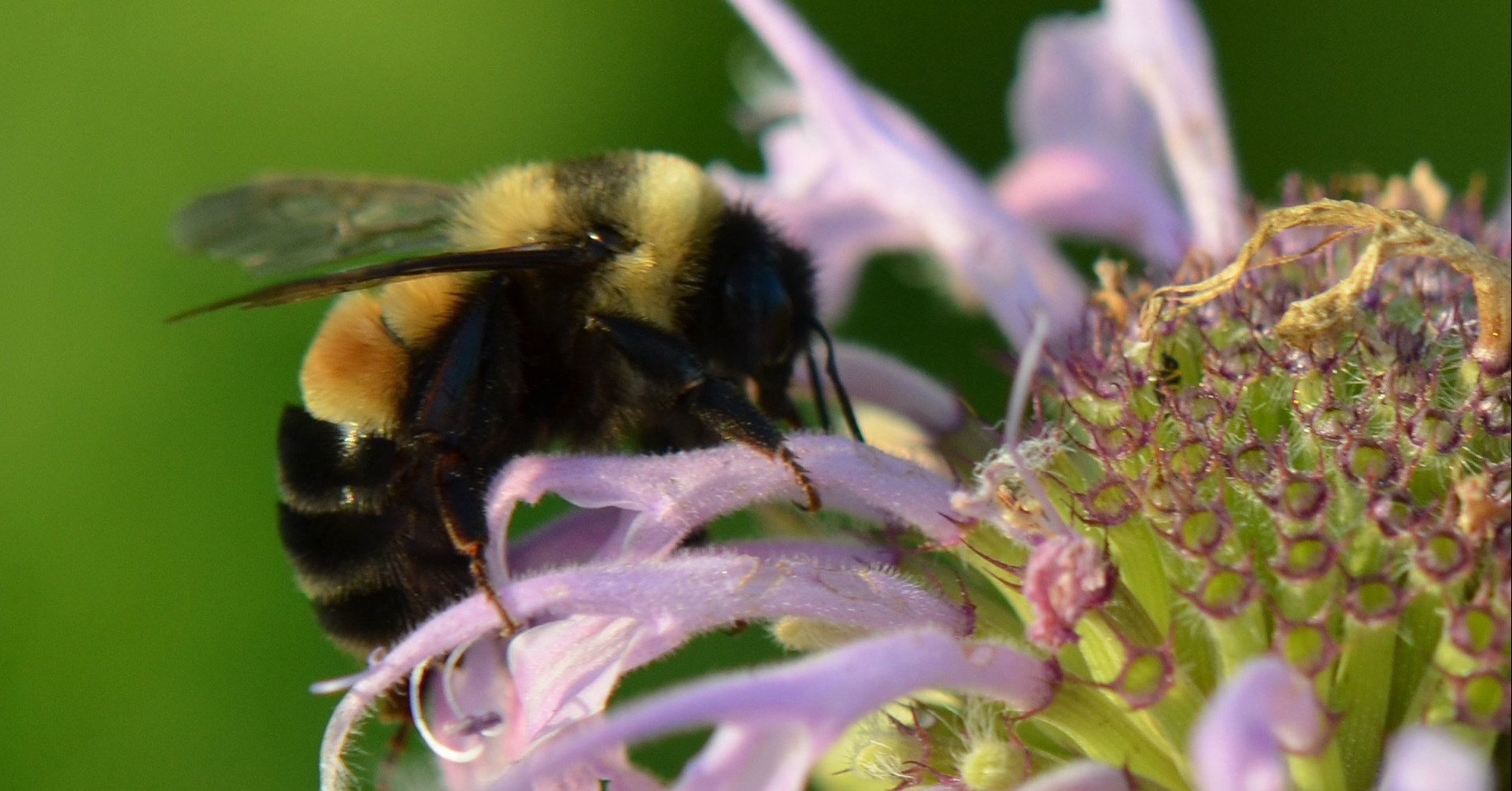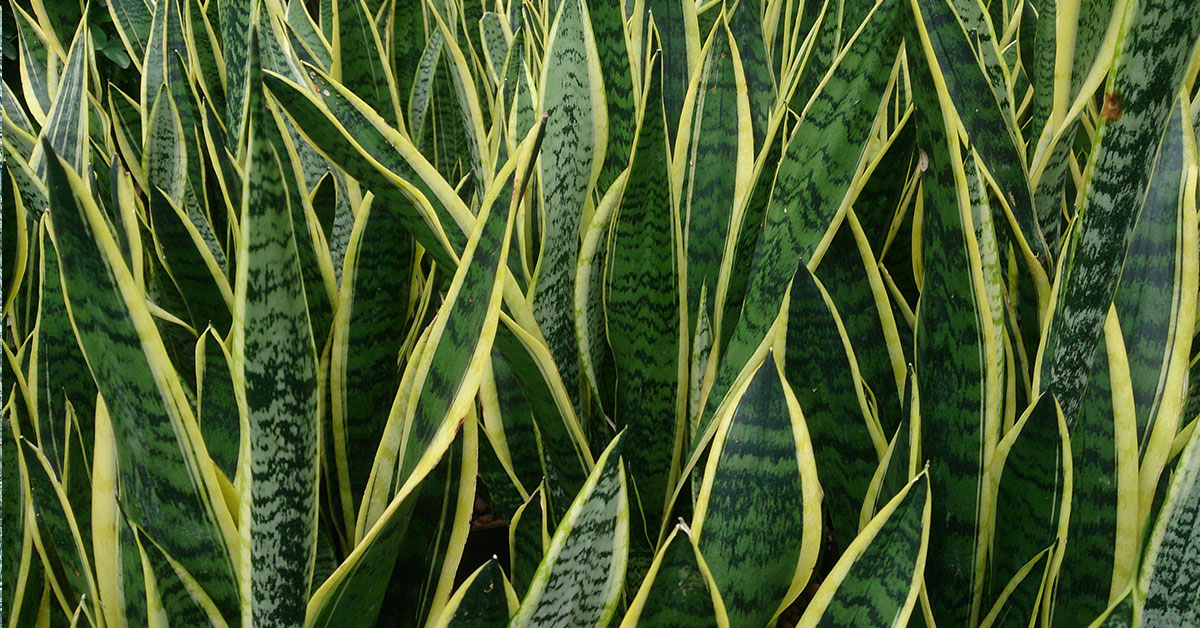Swiss chard, with its vibrant and nutritious leaves, is a popular choice among gardeners looking to add a touch of color and flavor to their vegetable patches. To ensure a bountiful harvest and robust growth, it is essential to provide fertilizer for swiss chard.
Choosing the best fertilizer for Swiss chard can make all the difference in the plant’s overall health and productivity. In this article, we will explore the various options available, including organic and synthetic fertilizers, and provide valuable insights into the specific nutrient requirements of Swiss chard. Whether you are a seasoned gardener or just starting out, this comprehensive guide will help you make an informed decision and achieve optimal results with your Swiss chard crop.
Does Swiss Chard need to be fertilized?
Yes, Swiss chard plants can benefit from fertilization for optimal growth. Like most leafy greens, Swiss chard is a heavy feeder and requires a nutrient-rich soil to thrive. Fertilizing the plants helps provide the necessary nutrients they need to develop healthy foliage and produce a bountiful harvest. Before planting Swiss chard, it is recommended to prepare the soil by incorporating organic matter such as compost or well-rotted manure.
This will help improve the soil structure and provide some nutrients. However, additional fertilization may still be needed during the growing season. A balanced fertilizer with equal amounts of nitrogen (N), phosphorus (P), and potassium (K) is generally suitable for Swiss chard. Look for a fertilizer with an NPK ratio of around 10-10-10 or 14-14-14. Apply the fertilizer according to the package instructions, usually by broadcasting it evenly over the soil surface around the plants.
It is important not to over-fertilize Swiss chard, as excessive nitrogen can lead to lush foliage growth at the expense of root development and may make the plants more susceptible to pests and diseases. It is advisable to monitor the plants’ growth and adjust the fertilization accordingly. In addition to chemical fertilizers, organic options like compost tea or fish emulsion can also be used to provide nutrients to Swiss chard plants.
These organic fertilizers can be applied as a foliar spray or drenched into the soil around the plants. Regular watering, adequate sunlight, and proper spacing are also essential for the optimal growth of Swiss chard plants. By providing the right balance of nutrients and care, you can ensure healthy and productive Swiss chard plants in your garden.
The best fertilizer for Swiss Chard
The best fertilizer for growing Swiss Chard is one that is high in nitrogen, as this leafy green vegetable requires a lot of nutrients for healthy growth. A balanced fertilizer with a ratio of 10-10-10 or 14-14-14 is generally suitable for Swiss Chard. Additionally, organic fertilizers such as compost or well-rotted manure can also be beneficial for providing a slow release of nutrients to the plants. It is important to follow the instructions on the fertilizer packaging and apply it according to the recommended dosage to avoid over-fertilization.
When to fertilize Swiss Chard
The ideal time to fertilize Swiss Chard plants is before planting and during the growing season. Prior to planting, it is beneficial to amend the soil with organic matter such as compost or well-rotted manure. This will provide a good foundation for the plants to grow and receive essential nutrients.
During the growing season, Swiss Chard plants can benefit from regular fertilization to promote healthy growth and maximize yield. It is recommended to use a balanced fertilizer, such as a 10-10-10 or 14-14-14, which contains equal amounts of nitrogen (N), phosphorus (P), and potassium (K). Apply the fertilizer according to the package instructions, typically every 4-6 weeks, and water the plants thoroughly after application to ensure proper absorption.
It is important to avoid over-fertilizing Swiss Chard, as excessive nitrogen can lead to lush foliage growth but reduced production of edible leaves. Always follow the recommended dosage and be mindful of any specific instructions provided by the fertilizer manufacturer. Additionally, consider conducting a soil test to determine any specific nutrient deficiencies or imbalances that may require targeted fertilization.
Common issues with fertilizing Swiss Chard
When fertilizing Swiss chard, there are a few common issues or problems that can arise:
- Over-fertilization: Applying too much fertilizer can lead to excessive vegetative growth, weak plants, and reduced yield. It can also cause nutrient imbalances, such as an excess of nitrogen, which can negatively affect the flavor and quality of the Swiss chard.
- Under-fertilization: Insufficient fertilization can result in nutrient deficiencies, stunted growth, and poor overall plant health. Swiss chard requires a steady supply of nutrients to thrive, so it is important to provide adequate fertilization throughout its growing season.
- Improper nutrient balance: Swiss chard requires a balanced supply of essential nutrients, including nitrogen (N), phosphorus (P), and potassium (K), as well as micronutrients like iron, magnesium, and calcium. An imbalance in these nutrients can lead to various issues, such as poor leaf color, reduced growth, and increased susceptibility to diseases and pests.
- Timing of fertilizer application: Applying fertilizer at the wrong time can also cause problems. It is best to apply fertilizers before planting or during the early stages of growth. Late-season fertilization can lead to excessive leaf growth at the expense of root development and can make the plants more susceptible to cold weather damage.
- Inadequate soil preparation: Before planting Swiss chard, it is crucial to prepare the soil properly by incorporating organic matter and ensuring good drainage. Fertilizers may not be as effective if the soil is compacted or lacks organic content, leading to poor nutrient uptake by the plants.
To avoid these issues, it is recommended to conduct a soil test to determine the nutrient levels and pH of the soil. This will help you choose the right fertilizer and application rate for your Swiss chard. Additionally, following the recommended fertilization schedule and using organic fertilizers or slow-release fertilizers can help prevent nutrient imbalances and promote healthy growth.
